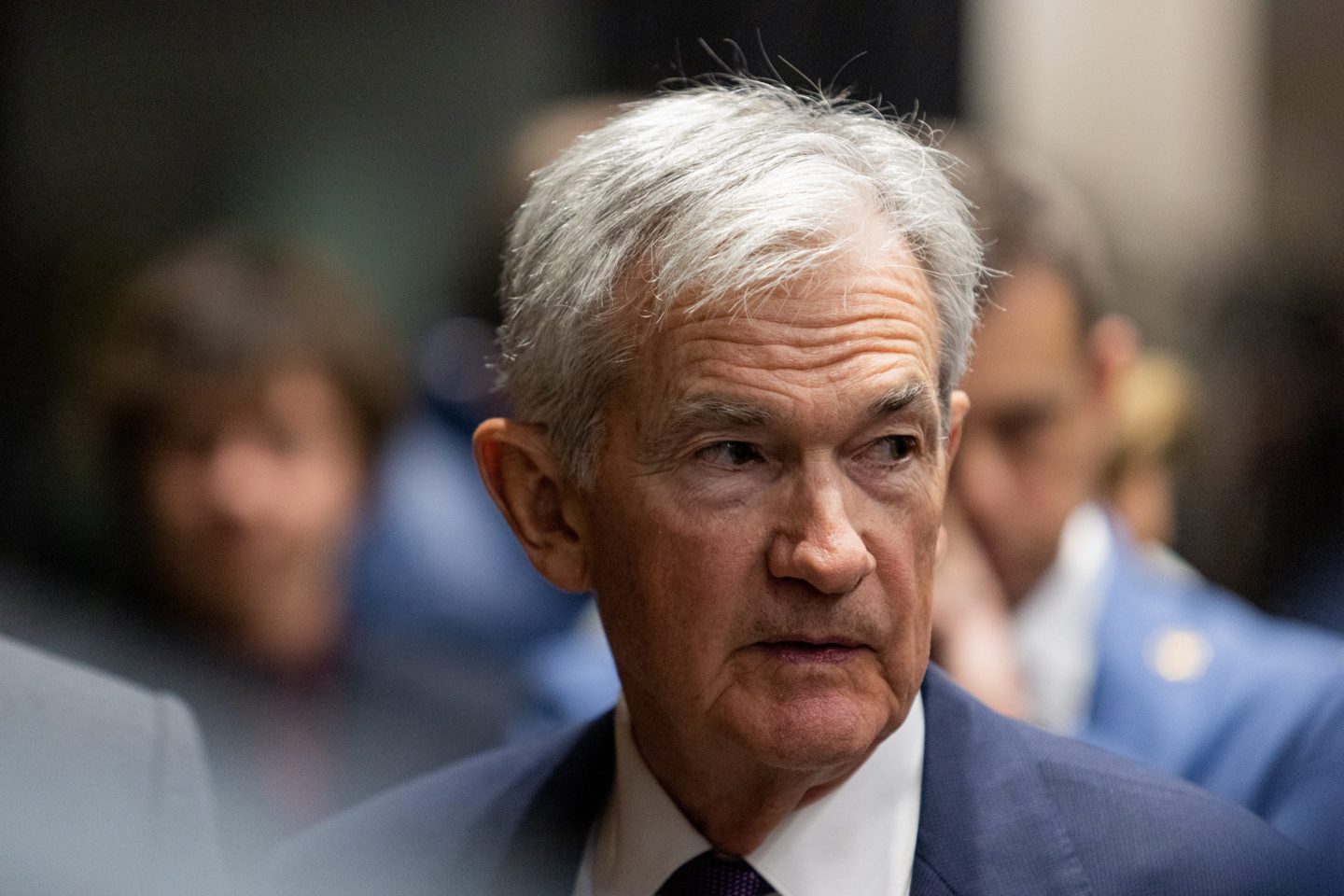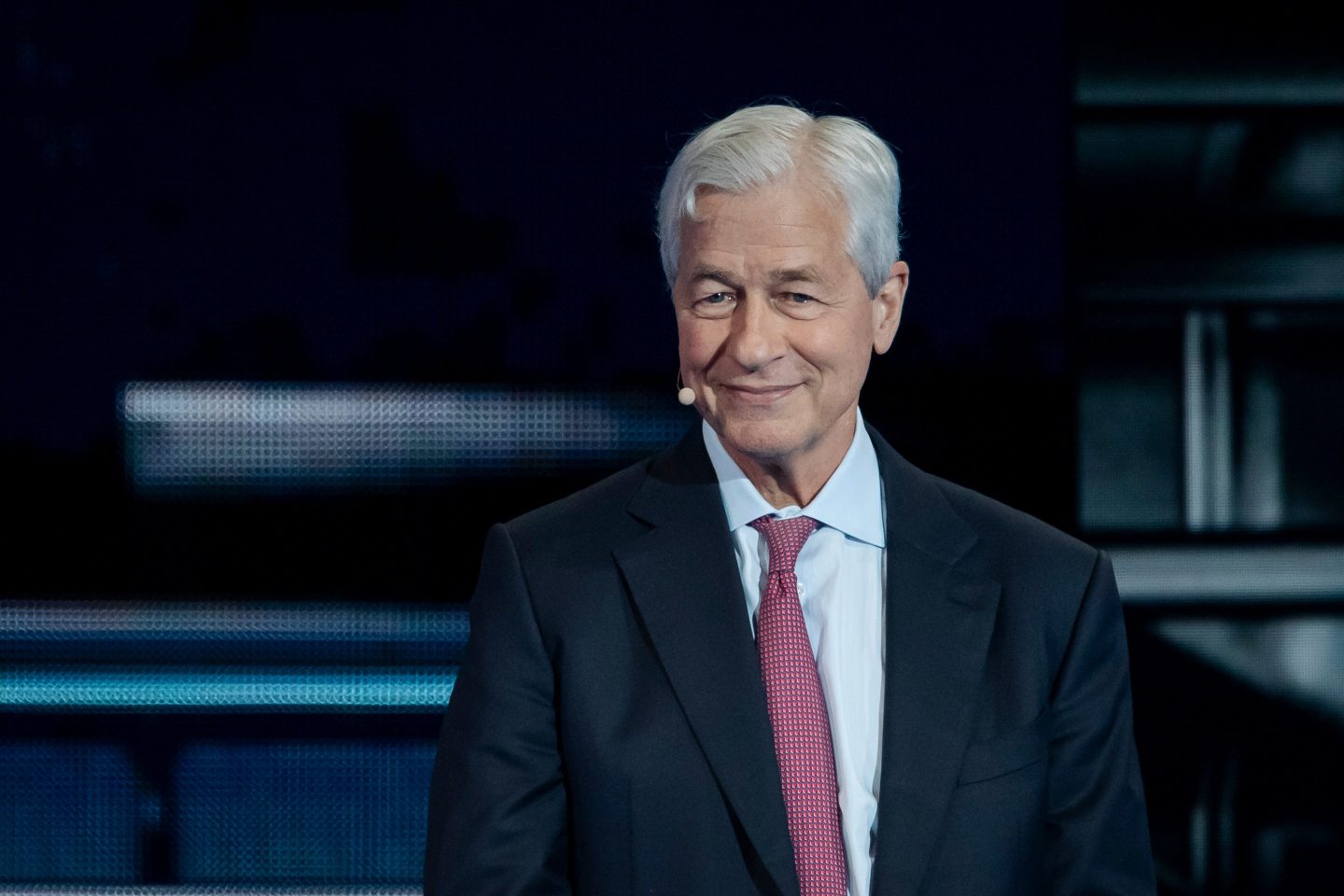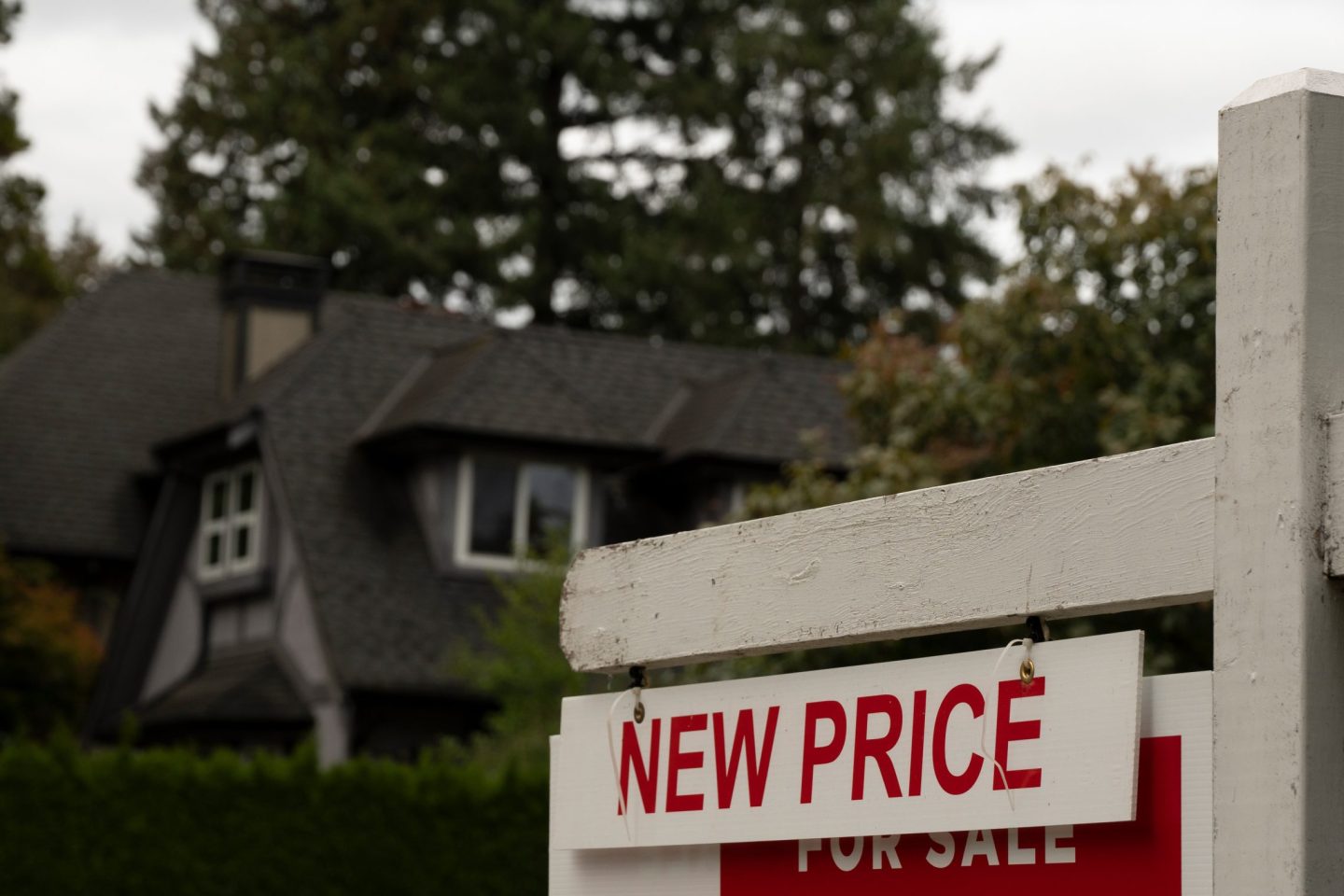Don’t expect any fireworks from the Fed, a top central bank official said Thursday.
James Bullard (right), the president of the Federal Reserve Bank of St. Louis and a voting member this year of the policymaking Federal Open Market Committee, said in a presentation in Arkansas that the economy is likely to continue to expand, obviating the need for further Fed help.
“Today, with core inflation at low but manageable levels and the economy expected to continue to expand, no action is necessary,” Bullard said.

And if the Fed does need to step in with another round of so-called quantitative easing, Bullard said, the Fed will do only as much as is absolutely necessary.
Bullard, who has been seen mostly as an inflation hawk since he took over the presidency of the St. Louis Fed, turned heads last month by saying the Fed may need to conduct a second round of Treasury bond purchases if the economy weakens further and deflation – a fall in the general price level that hurts the economy by raising real debt burdens – takes root.
But Bullard said the Fed is on hold for now, and hopes to stay on the sidelines, as unlikely as that currently appears. He also said the Fed will try to respond with restraint to any perceived deflationary threat. Central bankers are still trying to live down the cardinal error of the last recovery, when then Fed Chairman Alan Greenspan left short-term rates at the then low level of 1% even as the economy gained steam.
“Should economic developments suggest increased disinflation risk, purchases of Treasury securities in excess of those required to keep the size of the balance sheet constant may be warranted,” Bullard said. “Purchase size should be in proportion to the size of any deterioration in the outlook.”
Bullard also said policymakers must retain a sober view of the situation and avoid hyperbolic statements or actions that aim to draw attention to themselves.
“‘Shock and awe’ is almost never a good way to proceed,” he said. “Instead, policy actions should be commensurate with the risks that the economy faces.”










